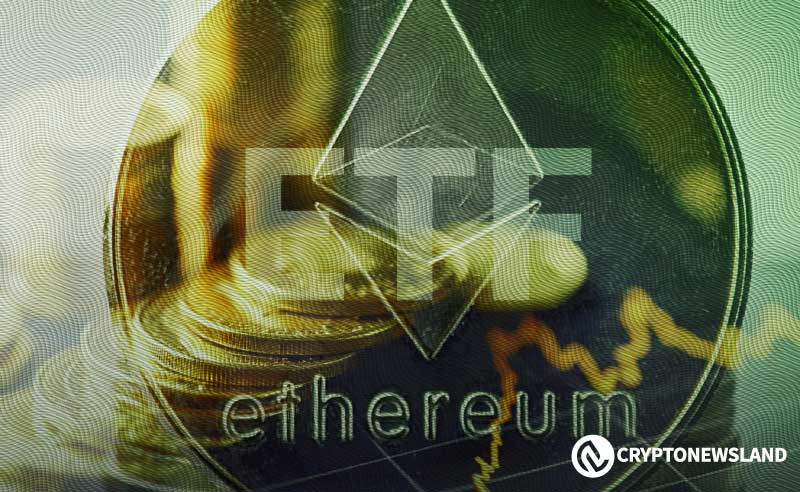
- Ethereum gas charges have hit a multi-year low at 0.8 gwei, causing worry in the crypto community.
- The Dencun upgrade introduced changes that lowered fees but raised concerns about Ethereum's deflationary future.
- Experts suggest a base fee of 23.9 gwei to address inflation and maintain network stability.
Ethereum Gas Fees Drop to A Multi-Year Low, Bringing up Questions
Ethereum’s gas prices have fallen to their lowest point in years, which is making people in the cryptocurrency community worried. Right now, the payment for doing things on the Ethereum network is just 0.8 gwei. This big drop has led to questions about the network's future because these expenditures are important for making sure transactions happen smoothly and keeping the network safe from spam. People pay these installments to get their transactions processed, and they can pay a bit more if they want their transactions to go through faster.
Dencun Upgrade and Its Effects
Recently, Ethereum went through an upgrade called Dencun. This upgrade introduced "blobs" to help the network handle more transactions and lower costs. But this change has also shaken up the idea that Ethereum would become deflationary, meaning that more Ethereum would be burned than created. Data from Ultra Sound Money shows that in the past week, 7,729 ETH were burned while 18,064 ETH were created. This difference points to rising inflation within the Ethereum network.
The drop in expenses has led to concerns about the network's long-term health. Ethereum’s gas expense once peaked at $196 in May 2022, but they have now dropped, indicating less demand on the network.
Network Demand and User Activity
Ethereum’s gas costs go up and down depending on how much the network is used. When lots of people use Ethereum, the fees go up. When fewer people use it, the fees go down. Recently, fees have dropped, and more people are using the network because it’s cheaper. But this might not last if bigger issues aren’t solved.
The rise in inflation is also making people wonder if Ethereum can stay deflationary, which means burning more coins than creating them. If these problems keep going, Ethereum’s future might be at risk.
Expert Opinions on the Drop
Experts in the industry have shared their thoughts on the situation. Martin Köppelmann, co-founder of Gnosis, a privacy-focused Ethereum sidechain, believes a base fee of 23.9 gwei is needed to balance staking rewards. He also mentioned that increasing Layer 1 (L1) activity could help fix current issues. While raising the gas limit might work for now, it might not solve the deeper problems.
The post Ethereum Gas Fees Drop to a Multi-Year Low, Raising Concerns for Network Stability appeared first on Crypto News Land.